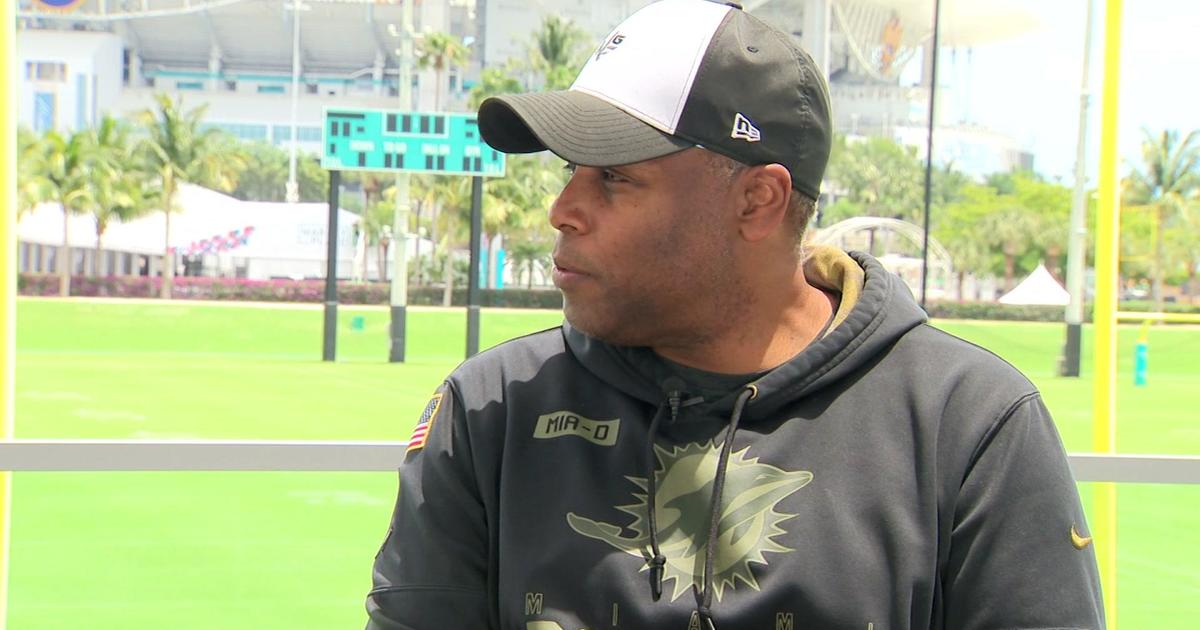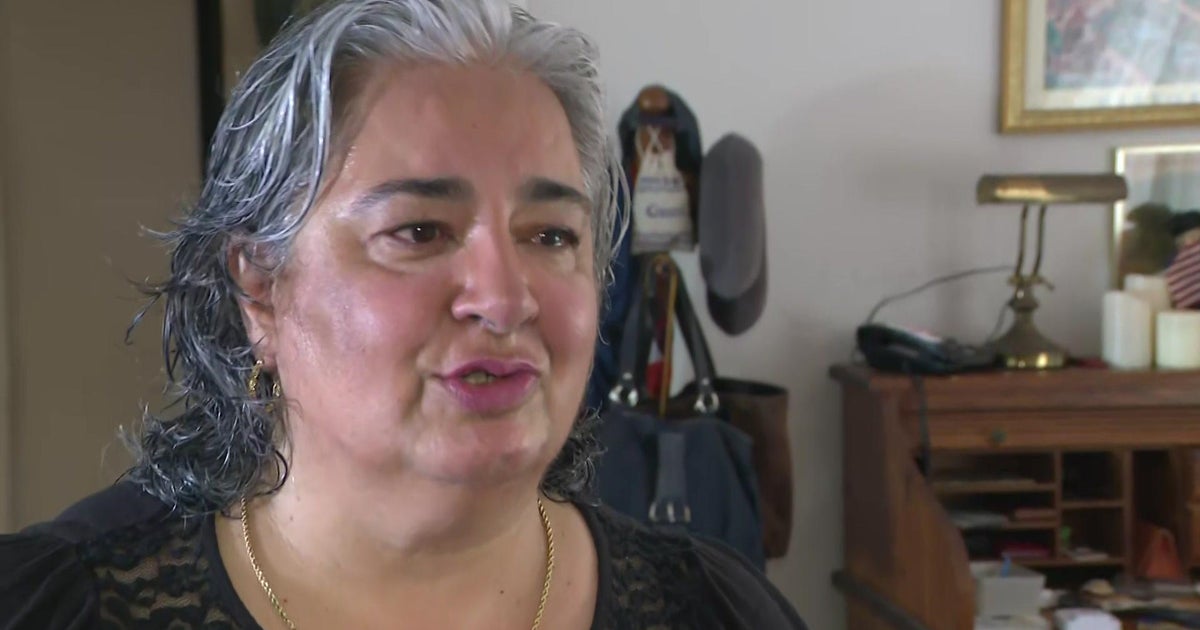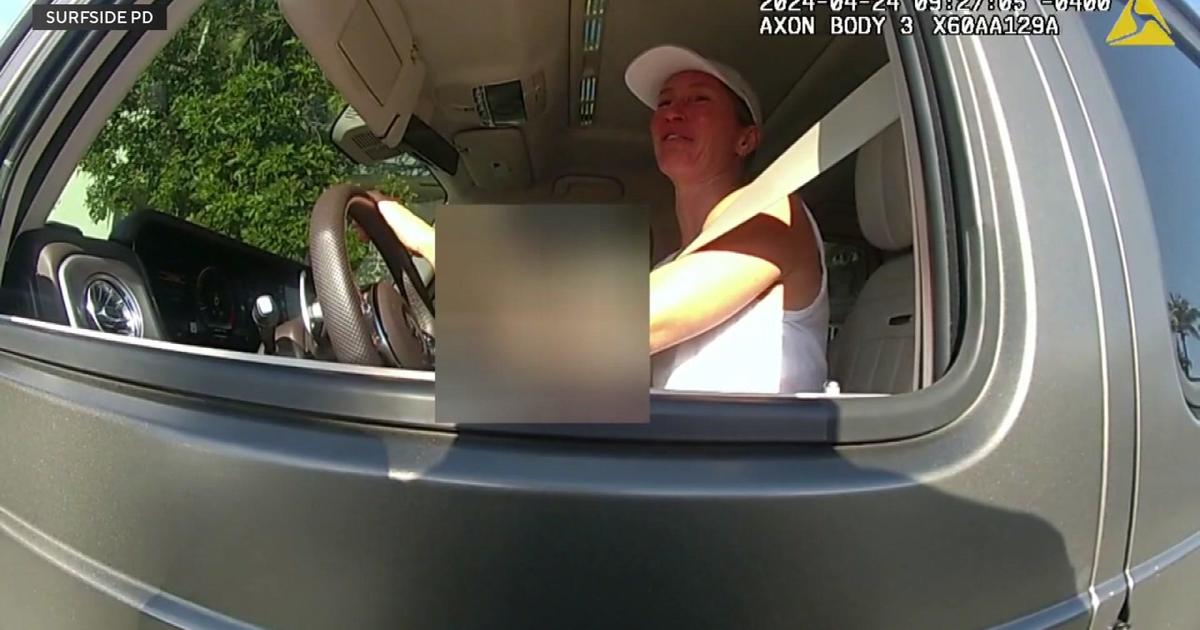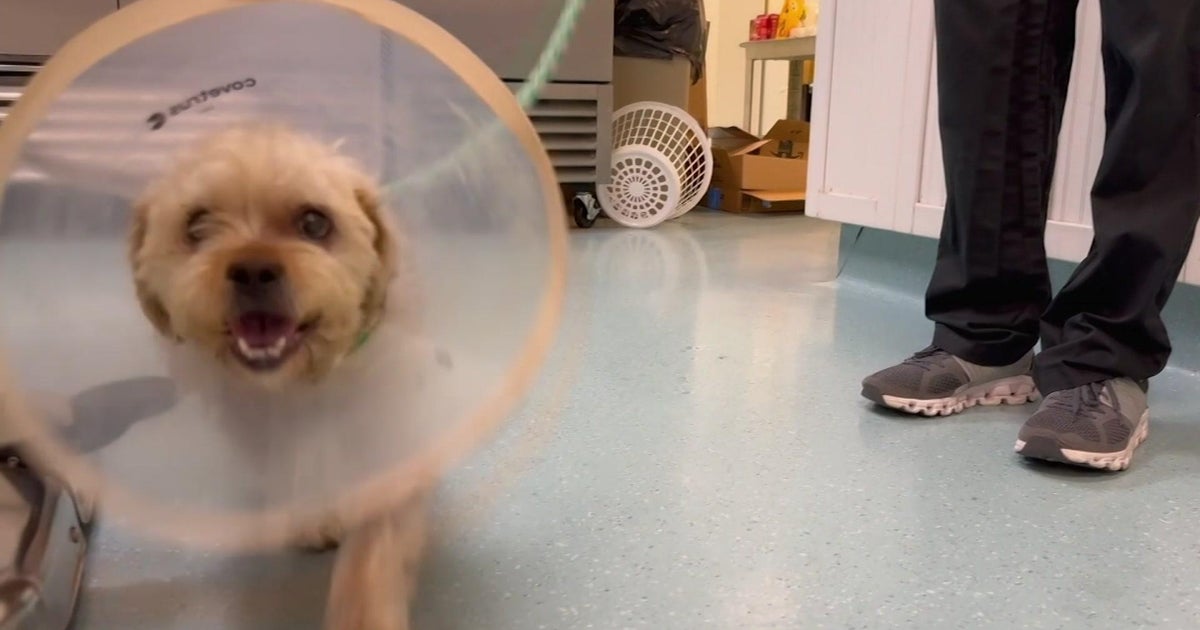I-Team: Fired K-9 Handler Wants His Badge Back
Former veteran Miami Dade K-9 officer Allen Cockfield is just emerging from what he calls a 4-year nightmare of anguish and loss -- forced to stand trial for allegedly killing his canine partner, by purposely shaking and kicking him during a training session that went awry.
"I was thinking God help me get through this," Cockfield told Chief I-Team Investigator Michele Gillen, as he sat down with her for the first time since his canine partner Duke died and his life "froze" in time.
"It stopped. Stopped. I had to find ways to survive," he reflected with Gillen. "After all these days of giving, now I am sitting waiting to see if I am going to jail."
In a bombshell last week the state admitted it didn't have evidence to support its felony charge, triggered by an anonymous letter. The state at first argued that the dog died from a disturbance to its heart's rhythm, intentionally caused by his handler's cruel behavior. Cockfield, the first African American K-9 officer in the department's history, says that was not the case.
"From the time I got him out of the car, he was hyper. I got my hand bit a couple of times," says Cockfield, referring to that very morning. Later in training he says the dog went into fight mode.
"It was startling, it was unexpected. I am thinking 'Why is this dog doing this?"
He says the dog took control of the leash: "I did bump him with my feet,I did do that."
The former sergeant, who had excelled in decades of training police attack and search dogs, told Gillen that years ago with his first canine partner, that dog bit his face.
"What I know is I was not going to get bit if I could help it. I already had almost two hundred stitches in my face. I don't need to go through that again."
Within seconds he says Duke went into a sit position and fell over. He rushed the dog to a veterinary hospital where he died, and he urged doctors to conduct a necropsy and try and find out why.
"I need to know. I have to know why this dog died. Everyone is making light of this. This is the dog I am training to be my partner. My life would have been dependent on that dog at times.What I did is what I was taught and what I was trained. If there is a problem with that, training has got to change," he said.
The next chapter of his nightmare came at work, where he was relieved of his police officer's job. He was later told by his lawyer that an arrest warrant was issued for him, making him out to be a criminal.
"I was a criminal then. As far as the state was concerned. I was."
While he lost four years of his life, he says in the darkness he found a new man -- not haunted by bitterness that one would expect after experiencing this ordeal: "No. Never thought that. Made me a better person".
His next battle is to win back the badge he loves.
"I need my job back. My badge is not in my wallet. I need my badge in my wallet because I earned that. I earned that. I spent 26 years actively working that. I didn't do anything wrong."
Miami-Dade's Police Benevolent Association, which provided for Cockfield's attorney, is in discussions with the police department over trying to reinstate Cockfield. The department would not comment on that request.
Meanwhile the Miami-Dade State Attorney's office provided CBS4 News the following statement regarding the withdrawal of felony charges during the trial: "We believed in good faith, at the time of filing and as the case progressed, that the evidence against the defendant gave rise to the reasonable inference that he had both the specific intent to kick the dog and also to cause it grievous injuries. Part of this evidence included statements attributed to the defendant indicating his hatred of the police canine in the days leading up to the attack. Additionally, our pretrial evidence from police witnesses established that police canine handlers are trained not to kick a dog, unless the dog is attacking them, because kicking the animal can cause significant injury. Events in court did not progress as we had anticipated. At the time the defense motioned the court for dismissal, we in good faith had to agree that the evidence was insufficient to establish that the defendant had a specific intent to cause the animal's death."



